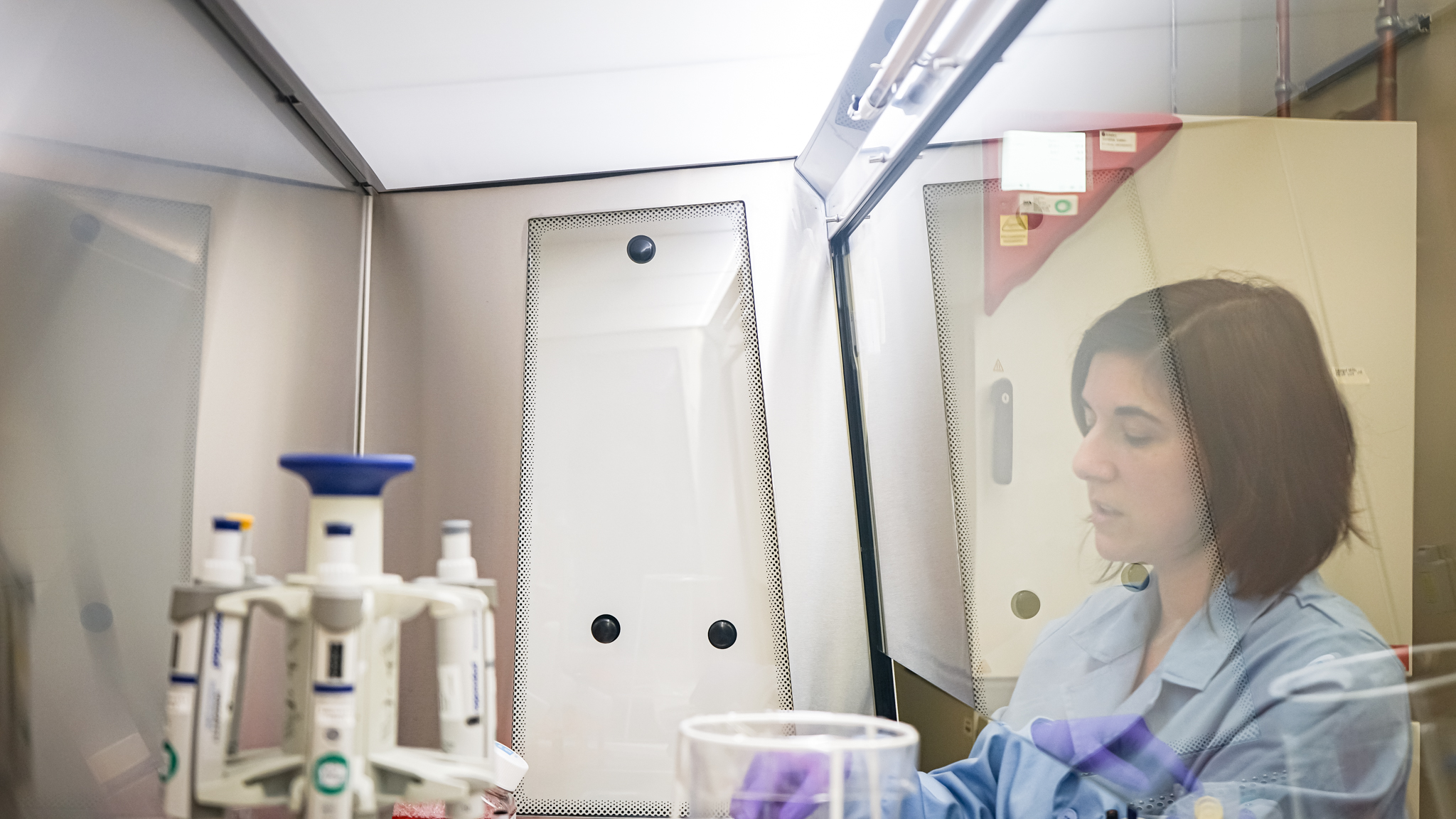The Portuguese Government declared today, July 2nd, a National Day of Mourning in honour of Manuel Cargaleiro. The mourning coincides with the funeral of Master Manuel Cargaleiro. Cargaleiro was a multifaceted artist renowned for his painting and ceramist work. He mastered colour and geometry remarkably, giving contemporary Portuguese art its unmistakable character. Throughout his career, his creations expressed his poetic vision of the world, building a legacy recognized by several generations of Portuguese people. His work, represented in national collections such as the State Contemporary Art Collection, as well as in international ones, was highly honoured. His accolades include Commander of the Order of Santiago da Espada de Portugal (1983), Officer of the Order of Arts and Letters from the French government (1984), Grand Cross of the Order of Merit (1989), Grand Cross of the Order of Infante D. Henrique (2017), Medal of Cultural Merit (2019), Grand Vermeil Medal (2019), and the Grand Cross of the Order of Camões (2023). Cargaleiro maintained an intense artistic activity throughout his life, creating an essential legacy for 20th-century Portuguese art. His unique style bridged various references and generations. Despite being a global figure, he remained deeply connected to his roots, choosing Castelo Branco […]
Read more


